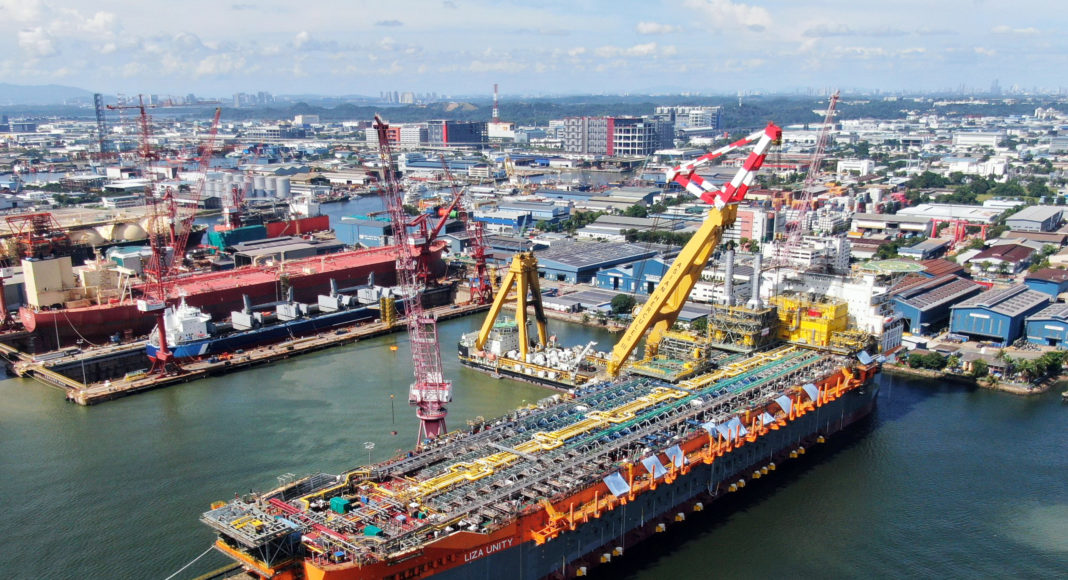Of the 200 offshore oil and gas projects that are currently in the planning stage, around 120 of these are based on floating production storage and offloading (FPSO) systems and one expert believes that none of them will move forward if the underlying market conditions do not warrant it.
“It’s one thing to have a project in the planning stage; it’s another to make an investment decision to spend a billion or $2 billion in getting a field and operation,” said Jim McCaul, head of International Maritime Associates and World Energy Reports.
McCaul said the deepwater market has been hit particularly hard by the global pandemic and this has seen investments dry up and companies walking away from projects that are no longer economically feasible.
“The field operators have all been cutting expenses. The latest has been ExxonMobil, who, up until just recently, has basically been one of the positive thinkers and planning to spend a lot of money,” he said. “They’ve cut back tremendously. Chevron before that.”
Just last month, ExxonMobil said it intends to prioritize near-term capital spending on advantaged assets with the highest potential future value which will include developments in Guyana and the U.S. Permian Basin along with targeted exploration in Brazil.
According to a Rystad Energy analysis, global demand for floaters had just started to recover before the pandemic and is now expected to remain under pressure until 2022. “Demand is expected to fall from 129 rig years in 2019 to 110 rig years in 2020 and 103 rig years in 2021, before slowly inching back up to 117 rig years in 2022 and 122 rig years in 2023.”
In Guyana, ExxonMobil is projected to continue spending billions of dollars in project sanctioning for its offshore development activities which could see an average of one FPSO being added each year this decade. Already, in addition to the Liza Destiny FPSO, two other floaters – the Liza Unity and the Prosperity – have already been ordered and will be delivered for 2022 and 2024 production start-ups. Competitive contract terms have allowed for low breakeven prices, which when combined with good quality crude, continue to make Guyana offshore a favourable investment destination.
“We expect to have five FPSOs in operation in Guyana by 2026 and see the potential for a total of seven to 10 FPSOs,” said ExxonMobil’s Jayme Meier speaking recently at the Rio Oil & Gas 2020 digital conference.
S&P Global Platts said development of Guyana’s Stabroek block is one of Latin America’s biggest offshore projects with an estimated 9 billion barrels of oil equivalent resources which rivals the largest offshore finds in Brazil’s subsalt frontier.



